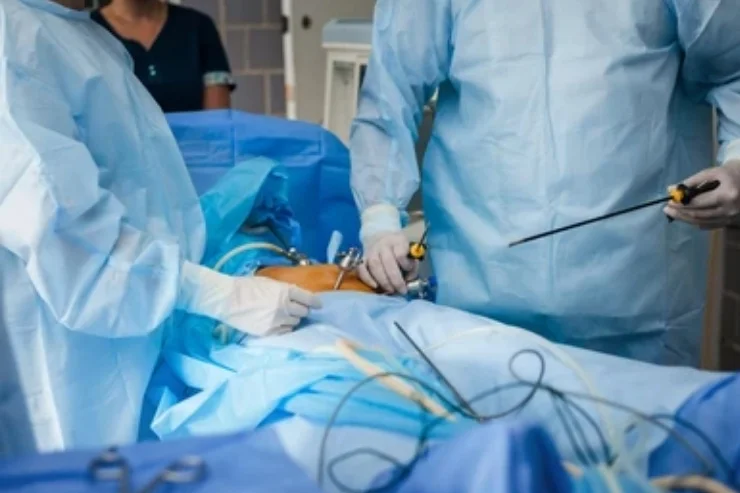Laparoscopic Urological Surgery
- Home
- Laparoscopic Urological Surgery

Laparoscopic Urological Surgery
Laparoscopic urological surgery is a minimally invasive technique used to diagnose and treat various conditions affecting the urinary tract, including the kidneys, ureters, bladder, and urethra. Unlike traditional open surgery, laparoscopic procedures involve small keyhole incisions through which a camera and specialized instruments are inserted to perform precise operations with minimal trauma to surrounding tissues.
This advanced surgical approach is particularly beneficial in treating kidney tumors, ureteral strictures, non-functioning kidneys, and ureteropelvic junction obstruction. It is also used in procedures such as laparoscopic nephrectomy (kidney removal), pyeloplasty (repair of the renal pelvis), and ureteral reimplantation. The major advantages of laparoscopic surgery include reduced postoperative pain, shorter hospital stays, faster recovery, smaller scars, and a lower risk of infection or complications.
Dr. Sarika Pandya, a skilled Consultant Urologist with over 15 years of experience, specializes in performing complex laparoscopic urological procedures with a focus on safety, precision, and patient comfort. Her expertise ensures that patients receive the most effective treatment with the least physical and emotional disruption. Every surgical plan is tailored to the individual’s needs, using the latest technology and evidence-based techniques.
At the Asian Institute of Nephrology and Urology (AINU), patients benefit from a fully equipped laparoscopic unit and comprehensive postoperative care. The goal is not just surgical success but also holistic recovery and long-term well-being.
Laparoscopic urology represents the future of surgical care—less invasive, more effective, and entirely patient-centered. It’s a choice that combines modern science with compassionate care.